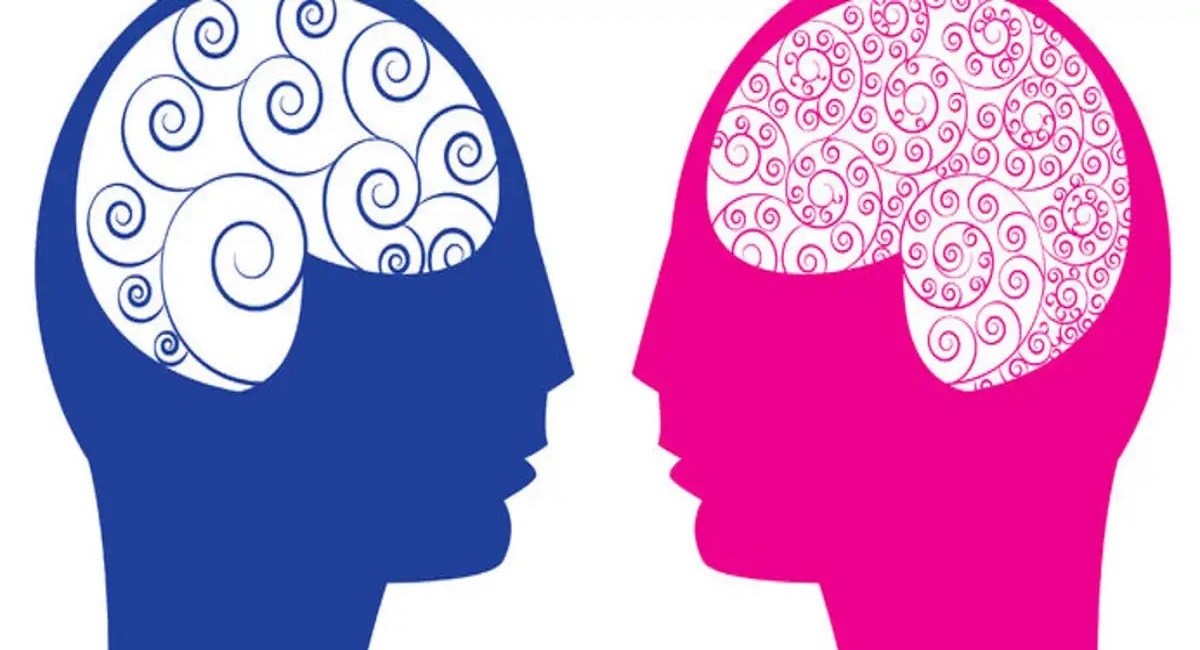The question of who tolerates pain better—men or women—has long been the subject of debate in both casual conversations and cultural narratives. While traditional views often label men as physically stronger and women as more emotionally vulnerable, modern science tells a more nuanced and, at times, surprising story.
A growing body of research suggests that women tend to experience physical pain more intensely than men. This difference arises from a complex interplay of biological, neurological, hormonal, and social factors.
Pain perception begins when an injury triggers nerve signals that travel to the brain. The brain then processes these signals and interprets them as pain. While this process occurs in everyone, studies have found notable differences in how men and women experience it.
Hormones are a major factor. Testosterone, more abundant in men, can act as a natural pain suppressant. In contrast, estrogen—predominant in women—not only lacks the same protective effect but may actually heighten pain sensitivity. Since estrogen levels fluctuate throughout the menstrual cycle, a woman’s pain threshold can vary significantly over time.
Neurological studies using brain imaging have revealed further differences. In women, pain activates areas of the brain associated with emotional processing. As a result, women often experience pain not just as a physical sensation but as an emotional burden as well. This may partly explain why chronic pain conditions such as migraines, fibromyalgia, and rheumatoid arthritis are nearly twice as common in women as in men. Researchers point to both hormonal shifts and genetic predispositions as contributing factors.
Social conditioning also plays a critical role. From a young age, boys are often taught to suppress emotion and endure pain without complaint. This can lead many men to downplay or hide their discomfort. In contrast, girls are generally allowed greater emotional expression, which may lead women to report and express pain more openly.
A study by the University of Toronto found that men tend to remember painful experiences more vividly and are more likely to avoid similar situations in the future. Women, on the other hand, may forget pain more quickly, which affects how they anticipate and respond to future pain.
This does not mean that men don’t feel pain or that women are simply more sensitive. Pain is a deeply personal and subjective experience, shaped by both internal biology and external expectations. But taken together, scientific evidence indicates that women, on average, experience pain more intensely—and more emotionally—than men.
So the next time a woman reacts strongly to pain, it may be wise to consider not just what she feels, but why she may be feeling it more acutely. After all, science is clear: pain is not a competition, but understanding it helps build empathy.




